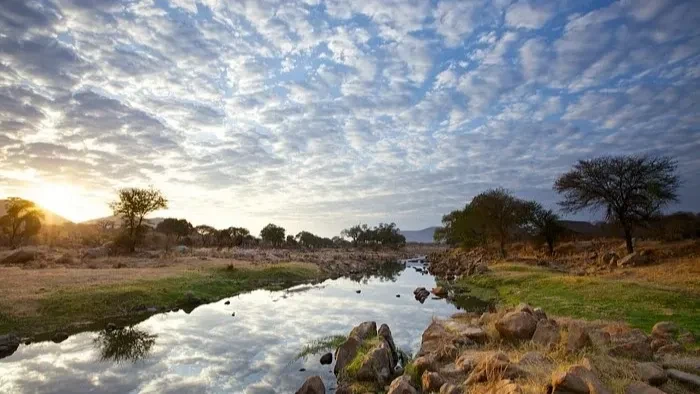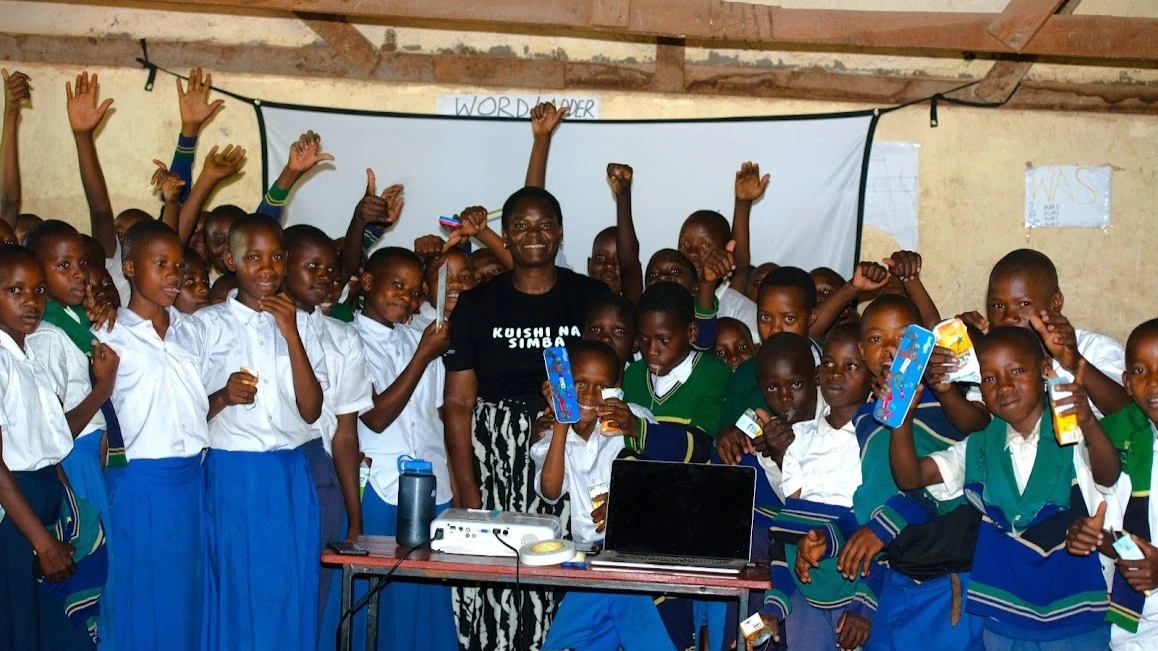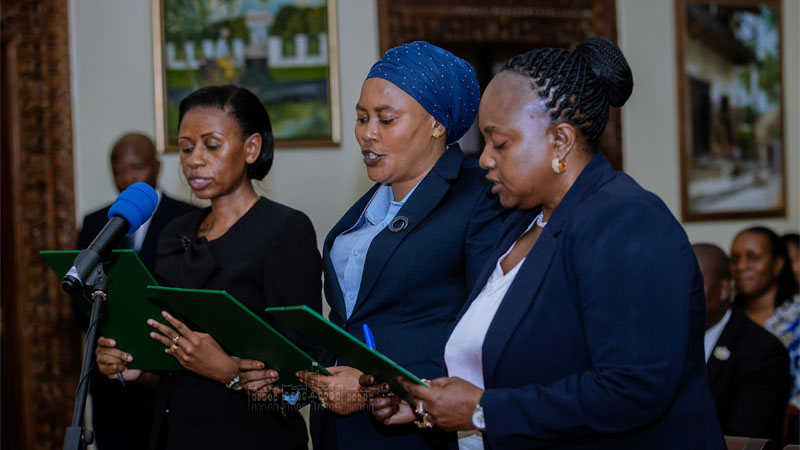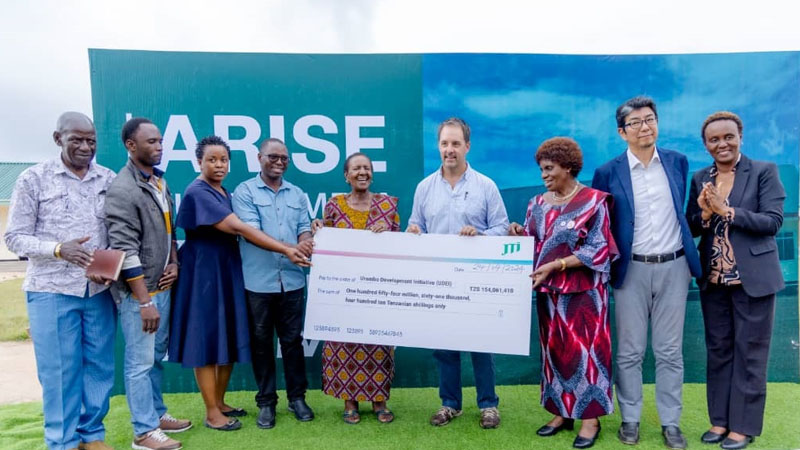UN demands monitoring as 74m people face famine
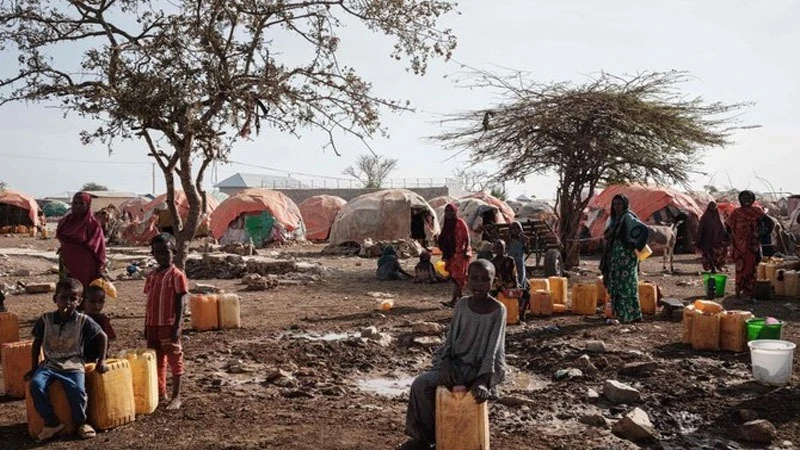
UNITED Nations agencies are appealing for close monitoring of the drivers of food insecurity, including climate risks, and strengthening anticipatory action for disaster risk reduction as 74m people face famine in eastern Africa.
The United Nations Food and Agriculture Organisation (FAO) say in a new report compiled with various other international agencies that the number of food insecure people needing humanitarian assistance in the Greater Horn of Africa stood at 74m at the end of February.
In January, the number of food insecure people stood at 58.1m, with the FAO and humanitarian agencies, including the United Nations Children's Fund and the International Organization for Migration, attributing the surge to conflicts in different countries in the region, and adverse weather events.
The famine=threatened countries are Sudan, Ethiopia, Kenya, Djibouti and South Sudan, along with parts of the Democratic Republic of Congo and most of the Central African Republic, the report noted.
In Kenya over 1.5m people are food insecure, while in Sudan upwards of 17.7m face hunger, with South Sudan having 5.7m food insecure people, the report indicated.
Sudan's food crisis is set to deepen due to constrained food availability, interruptions in trade routes and markets, high commodity prices, livelihood disruptions, constrained humanitarian access and widespread displacement, the report said in its grim assessment.
The conflict in Sudan is having severe humanitarian implications, marked by a surge in refugee arrivals amid limited humanitarian funding for neighbouring countries like the Central African Republic, Chad, Egypt, Ethiopia and South Sudan.
"Even before the conflict, these countries were already grappling with other crises, including large numbers of displaced populations, conflict, political upheavals, hunger, and economic challenges," it highlighted.
The 2023 El Nino rains contributed to the rise in the number of people in need of humanitarian assistance in the region, with wetter-than-normal conditions forecasted over most parts of the region.
For Ethiopia, Kenya, Somalia, South Sudan, Uganda, Burundi, Rwanda and Tanzania, during the 2024 March-May rainfall season the situation may not improve, it added.
Top Headlines
© 2024 IPPMEDIA.COM. ALL RIGHTS RESERVED




